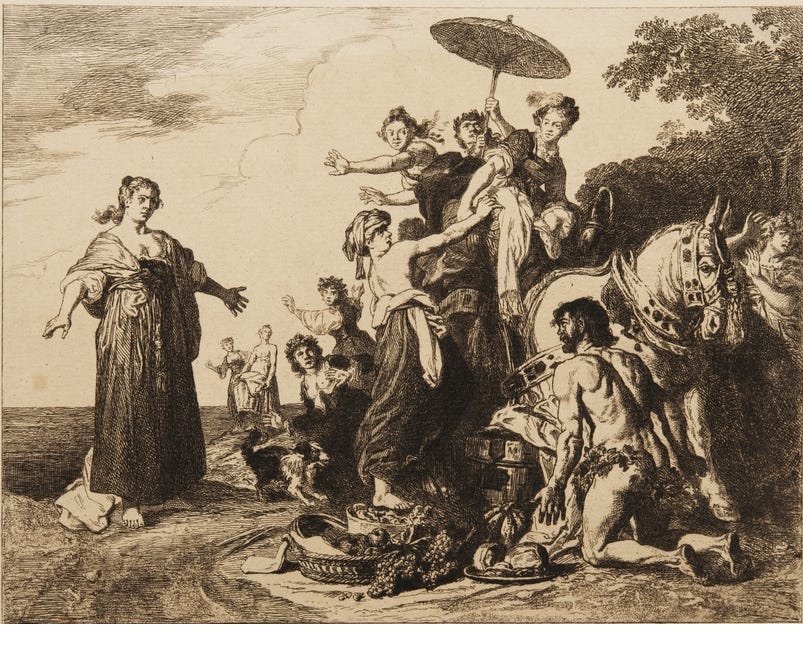Was all work despised in Ancient Greece? Do we have a duty to work?

Was there only contempt for workers in Ancient Greece? Do we have a duty to work?
New references from Ancient Greek literature and philosophy have been added, under Plato, Xenophon and Aristotle Citations, Work in Ancient Greece (under Historiography of Work), Work in Literature (the Iliad and the Odyssey, Hesiod, Plutarch, Euripides). The place of work in Ancient Greek society is more complex than is often assumed. See for instance this passage to be found in Xenophon’s Oeconomicus, in which Socrates asks his interlocutor the following rhetorical questions: “Which makes men more prudent, idleness or useful employment? Which makes people more just, work or idle discussion about supplies?” In this passage, Socrates clearly favours work over idleness.
Or see this passage from the Odyssey, where the goddess Athene herself is compared to a skilled craftsman:
with water from the river noble Odysseus washed from his skin the brine which covered his back and broad shoulders, and from his head he wiped the scurf of the barren sea. But when he had washed his whole body and anointed himself with oil, and had put on him the clothes which the unwed maiden had given him, then Athene, the daughter of Zeus, made him taller to look upon and stronger, and from his head she made the locks to flow in curls like the hyacinth flower. And as when a man overlays silver with gold, a cunning workman whom Hephaestus and Pallas Athene have taught all kinds of craft, and full of grace is the work he produces, even so the goddess shed grace upon his head and shoulders (II, 233-235)
New key references have been added to the “Duty to Work” theme, arguing both in favour of and against this duty.
In particular, two key references by John Rawls are now listed. It is in a 1988 article in Ethics (“The Priority of Right and Ideas of the Good”) that Rawls declared: “those who surf all day off Malibu must find a way to support themselves and would not be entitled to public fund”, a statement that would inspire a large critical literature, notably by those defending a Universal Basic Income.
Images:
"Bilde" by Omlid, Caroline / Larvik Museum is licensed under CC BY-SA 4.0

